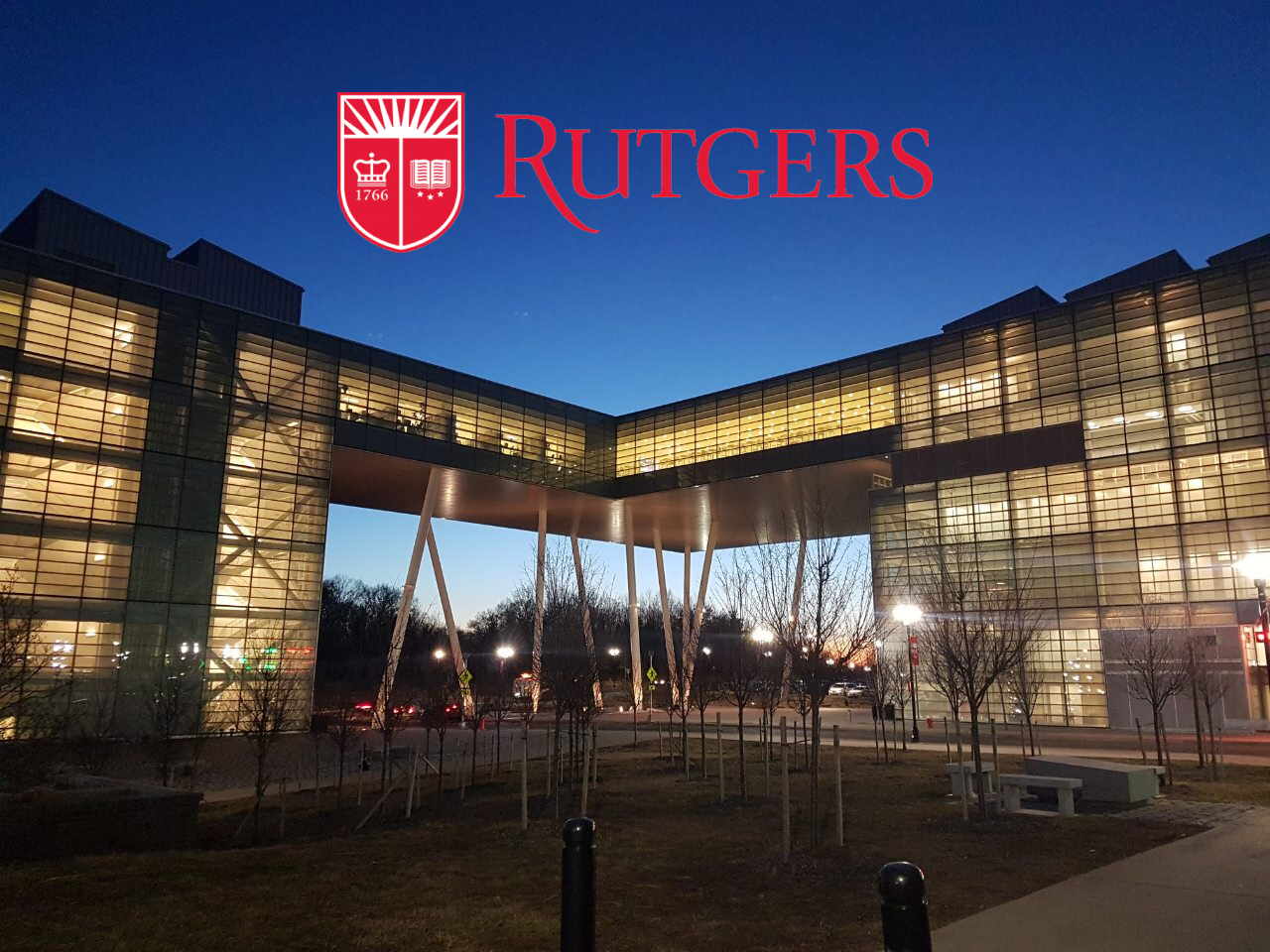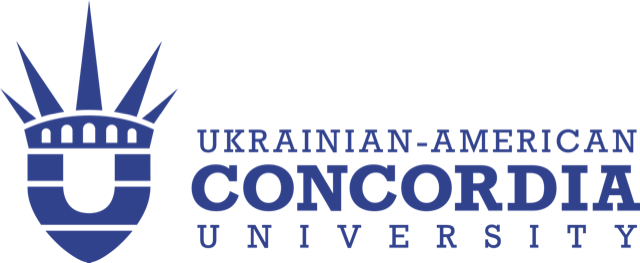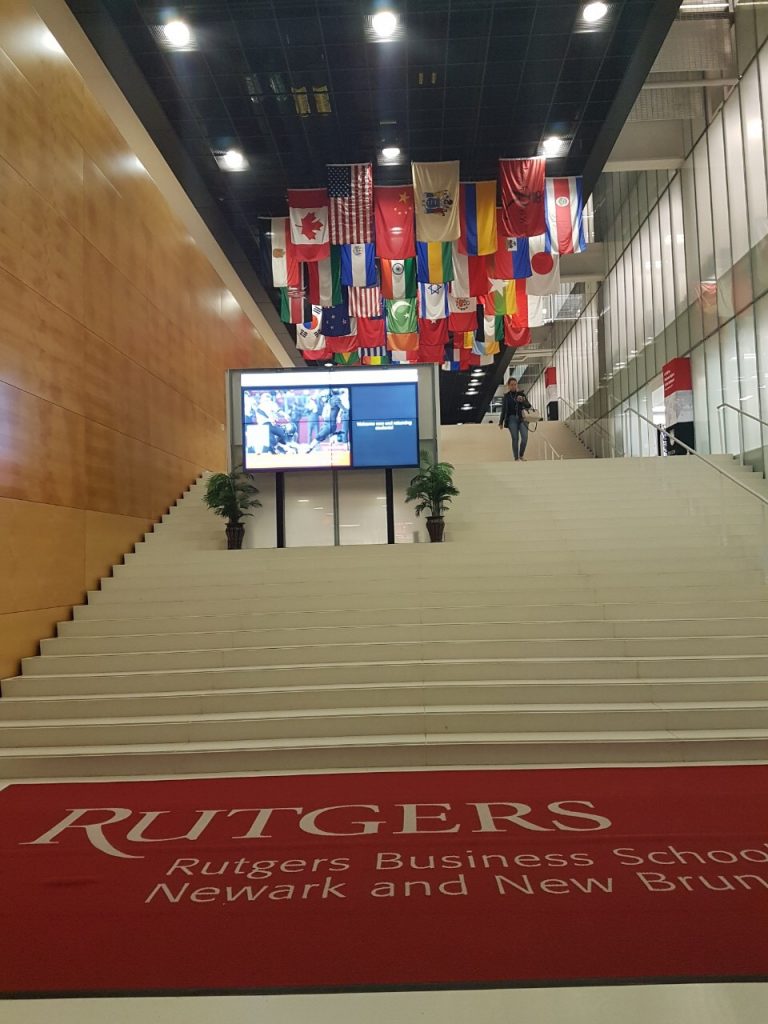Innovation Subject Areas
When enrolling in the Program, students will choose an “Innovation Subject” of interest from the list given below, indicating a 1st, 2nd and 3rd choice. Students may request an Innovation Subject not on the list and if there is sufficient interest from other students in that Innovation Subject, it may be possible to accommodate the request.
When enrollment is closed, a preliminary list of the most popular Innovation Subjects will be prepared. Prior to departure for Rutgers University, Student Project Teams will be formed based on mutual interest in each Innovation Subject. Supporting information, data and a suggested reading list on each Innovation Subject will be provided in advance of departure.
Biomedical Sensors: The age of wearable technologies is upon us – miniaturization has allowed us to monitor our health with our jewelry, clothing, athletic equipment, and more. Using accurate yet inexpensive biosensors and the Arduino platform, we explore how technology can increase health awareness and save lives.
Agribusiness: The growth of the world’s population in comparison to our rate of fresh food production is a challenge in ensuring food source sustainability. Through implementation of technologies such as Internet of Things (IoT) and sensors deployed throughout the supply chain from farm to consumer, the agribusiness industry in all countries can better ensure the future of the food production market.
Sustainability: Our need to harness renewable energy sources is rapidly rising as we continue to consume unsustainable amounts of energy from the environment. As technology advances, numerous innovation opportunities are arising to reduce the carbon footprint by diversifying and better managing energy consumption, increasing business opportunities based on product recycling and biodegradability, and developing methods to better manage our usage and waste.
Urban Development: There is a great need to reassess how governments develop and maintain their infrastructure and analyze risk, especially given the challenges of climate change and population growth. Technological innovation is addressing such urban challenges as traffic management, energy production and distribution, environmental health monitoring, bridge and road repair analysis, wastewater and stormwater runoff treatment, connectivity and communication, and other urban challenges.
Retail: For students with a strong interest in retail marketing, the world of consumer preference and marketing strategies are explored through product innovation by making a custom fragrance soap as an example product. Students will use mixers, extruders, and soap bar presses to manufacture sample soaps. Students will then design consumer friendly packaging for their soap product, conduct focus group analysis, and design a marketing campaign.
Food and Fashion: Students with a strong interest in retail product innovation will design either a food product or a fashion garment. Equipment available will be a commercial kitchen with 3D food printing or a textiles center with automated industrial sewing equipment and embroidery machines.
Small Farm Innovation and Implements: In many developing counties, nearly 90% of the food production occurs on small plots of land (less than 4 hectares) and typically by a single owner or family. Access to appropriately-scaled technology for improving water and soil quality, farm management, or productivity-enhancing crop sensors or equipment, is applicable in many countries throughout the world. Students will work on prototype development to address one of these small-scale production challenges.
Autonomous Vehicles: From self-driving cars to automated delivery vehicles, this is an industry experiencing rapid innovation and business opportunities. Students will use a pre-built radio-controlled car, at scale, and by using the Arduino platform and a variety of sensors, will manage vehicle use. A track will be constructed to allow for testing of collision avoidance, obstacle maneuvering and other autonomous vehicle challenges.
Student-Proposed Innovation Subject
Students are encouraged to submit their ideas and preferences for work in an Innovation Subject area of particular interest.



